.webp)
© History Oasis
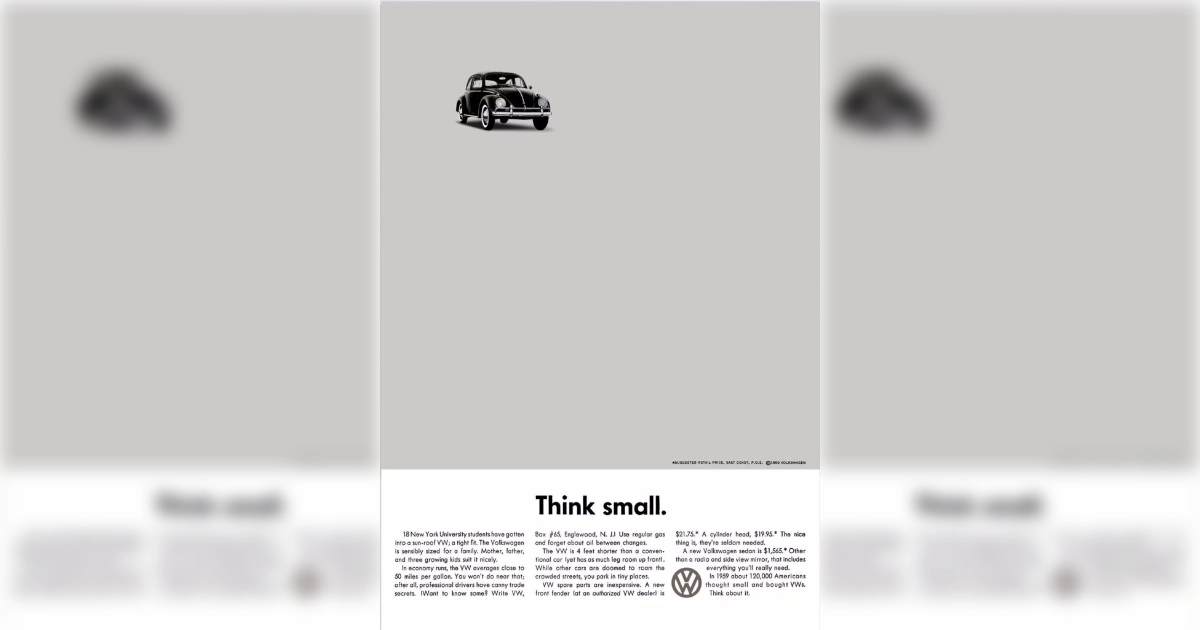
1959-1960s
Doyle Dane Bernbach created this car slogan and campaign to sell the Beetle to Americans. At the time, Americans were obsessed with large Detroit muscle cars, and Volkswagen needed a clever campaign to make people think differently. The minimalist black-and-white advertisements featured tiny car images surrounded by white space. The ad campaign challenged conventional marketing standards of the era. It was perfect for the counterculture brewing in the ’60s. Soon hippies and earth-conscious consumers were buying Beetles by the boatload.
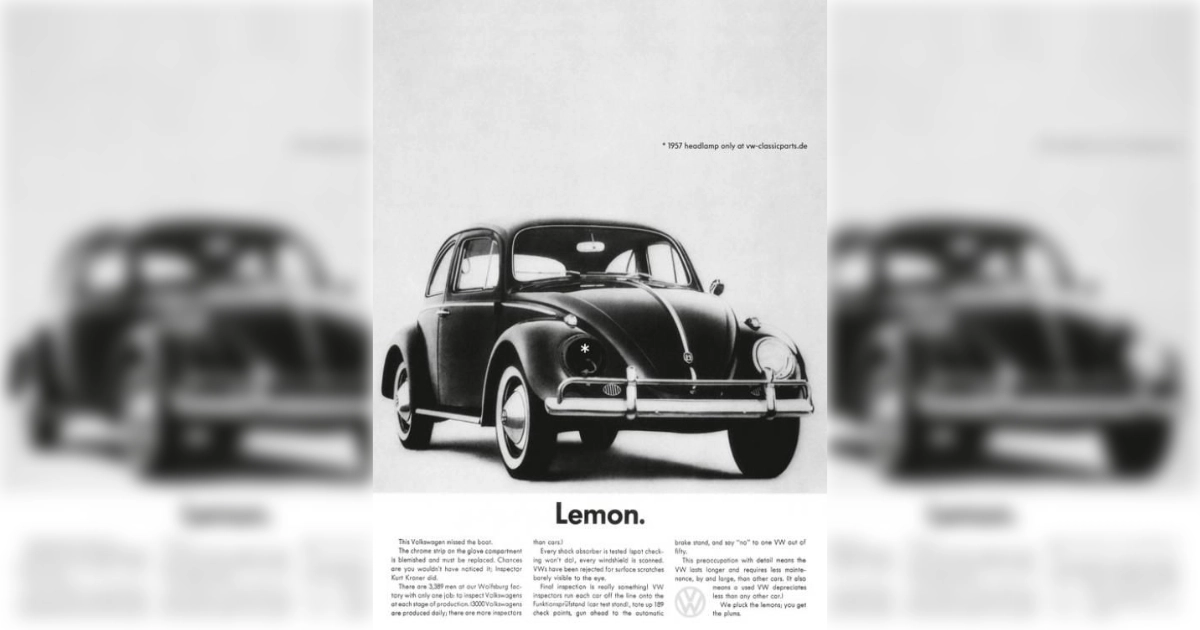
Early 1960s
Next up, Volkswagen turned quality control into a selling point with the Lemon campaign. The company openly discussed rejecting flawed vehicles, coining the tagline “We pluck the lemons, you get the plums.” The slogan was a lasting success, and it added the word “lemon” into American English as slang for defective products.
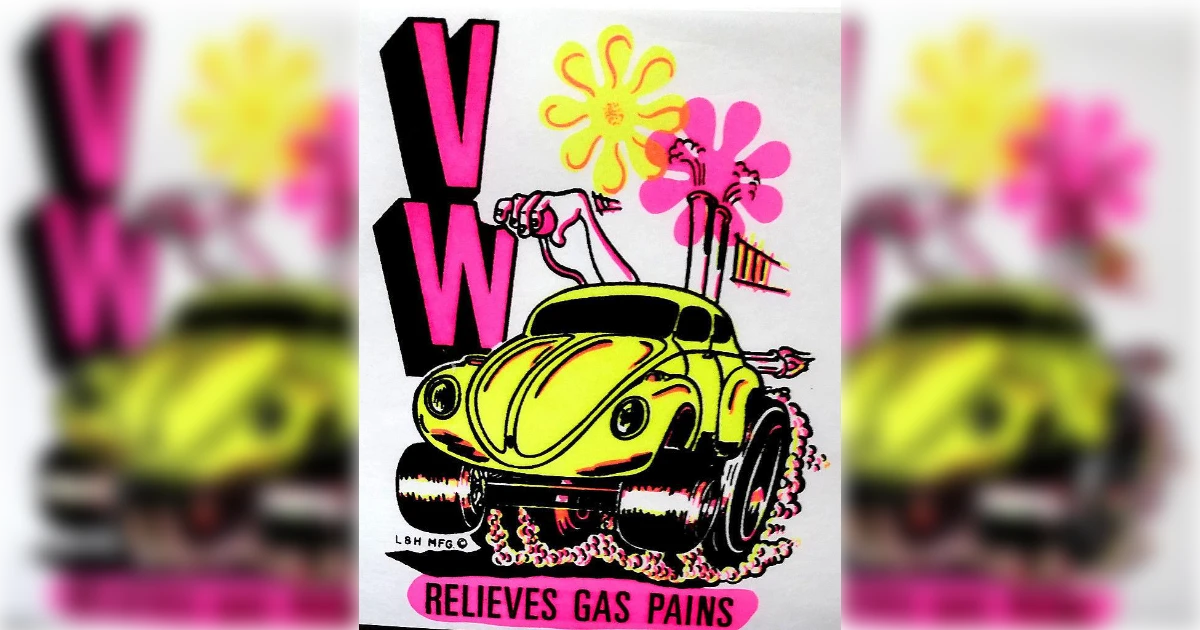
1970s
The 1970s oil crisis created the perfect moment for this double-meaning slogan. Volkswagen positioned fuel efficiency as medicine for America’s gas-guzzling addiction. This was a time when OPEC embargoes sent drivers scrambling for economical alternatives. The wordplay stopped readers mid-page and delivered a serious message about practical transportation.

1980s
Japanese imports dominated American roads in the 1980s. Volkswagen was forced to differentiate itself from the sea of cheap, conventional vehicles. This slogan positioned the brand as transcending ordinary car categories. The campaign helped the German brand maintain relevance against Honda and Toyota’s rising market share.
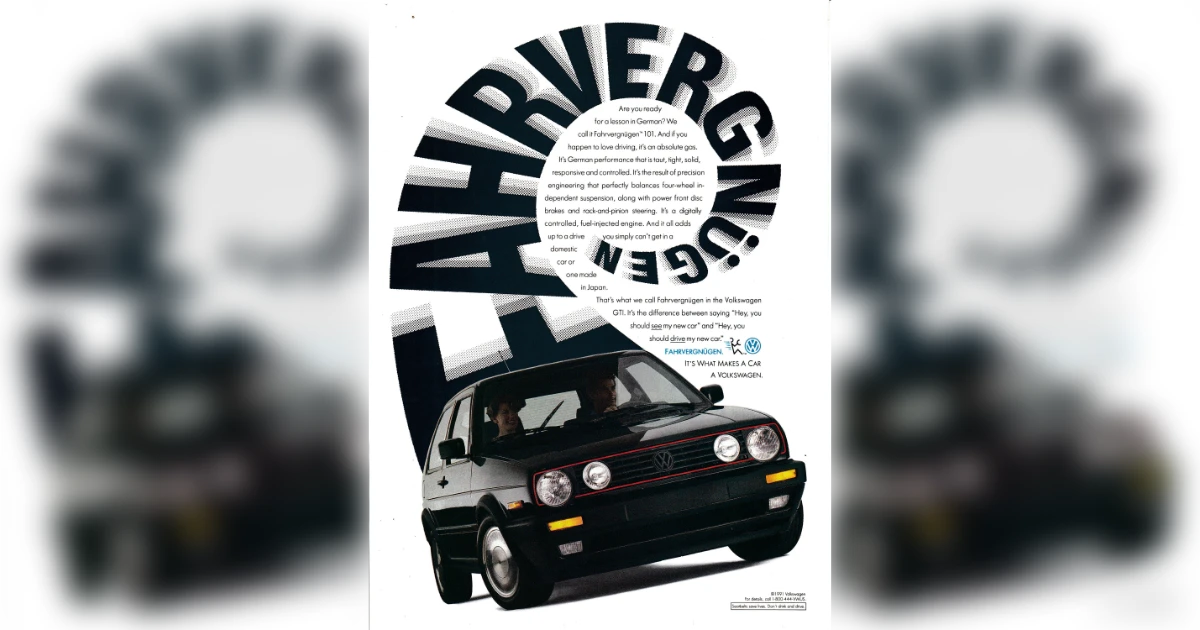
1990
Swiss art director Urs Baur invented this German compound word meaning “driving enjoyment”. And they brought it to Volkswagen’s American campaign. The invented term crossed into popular culture, inspiring parodies on late-night television, comic strips, and Grateful Dead fan merchandise. David Letterman regularly mocked the pronunciation. Fans even slapped “Fukengrüven” bumper stickers on their cars.
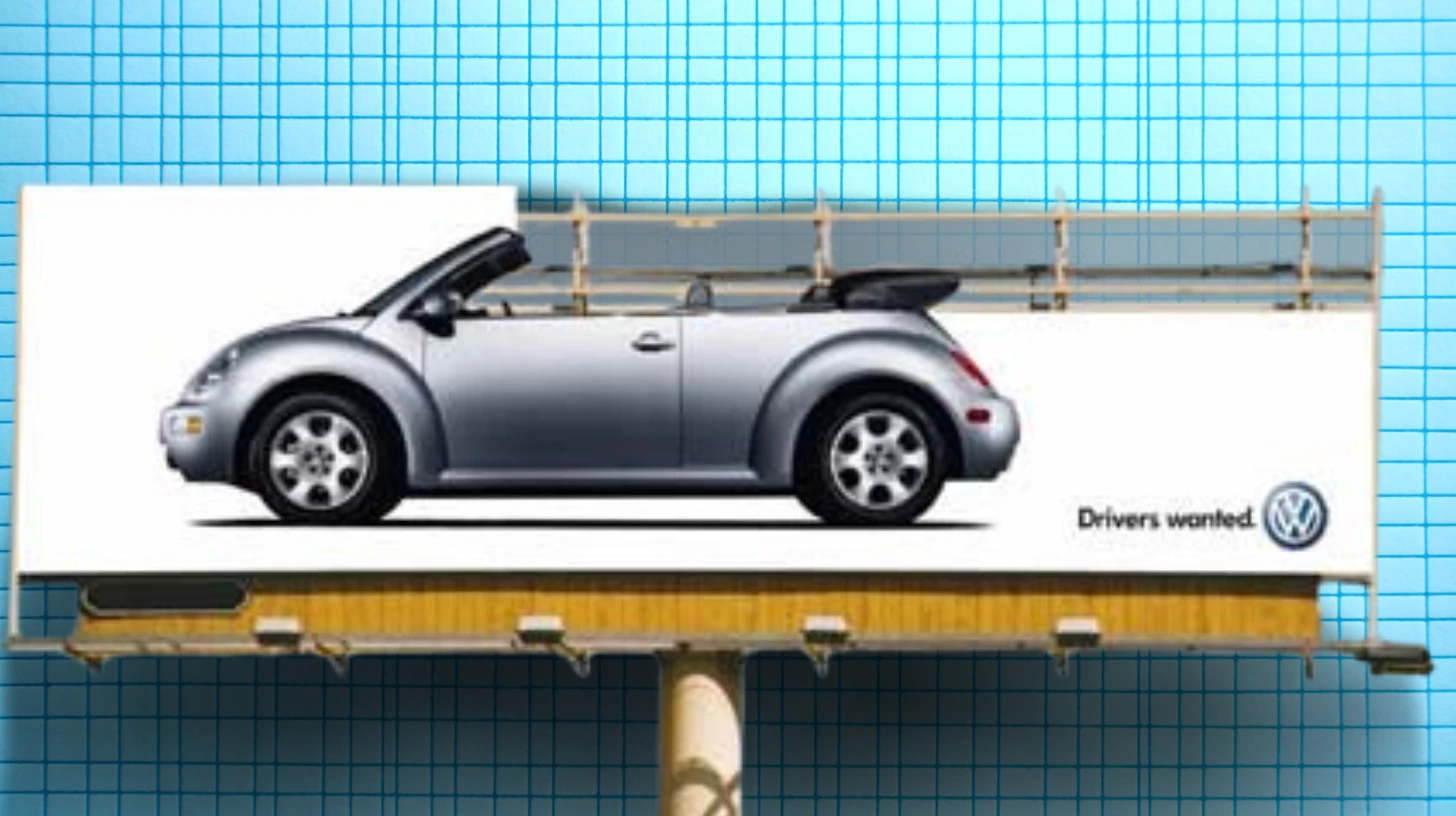
1995-2005
Arnold Communications launched this slogan when Volkswagen sales had collapsed to 49,533 units annually. It was a time when Volkswagen was seriously considering abandoning America entirely. The slogan distinguished active drivers from passive passengers, appealing to younger demographics. It helped to triple North American sales over the next decade.
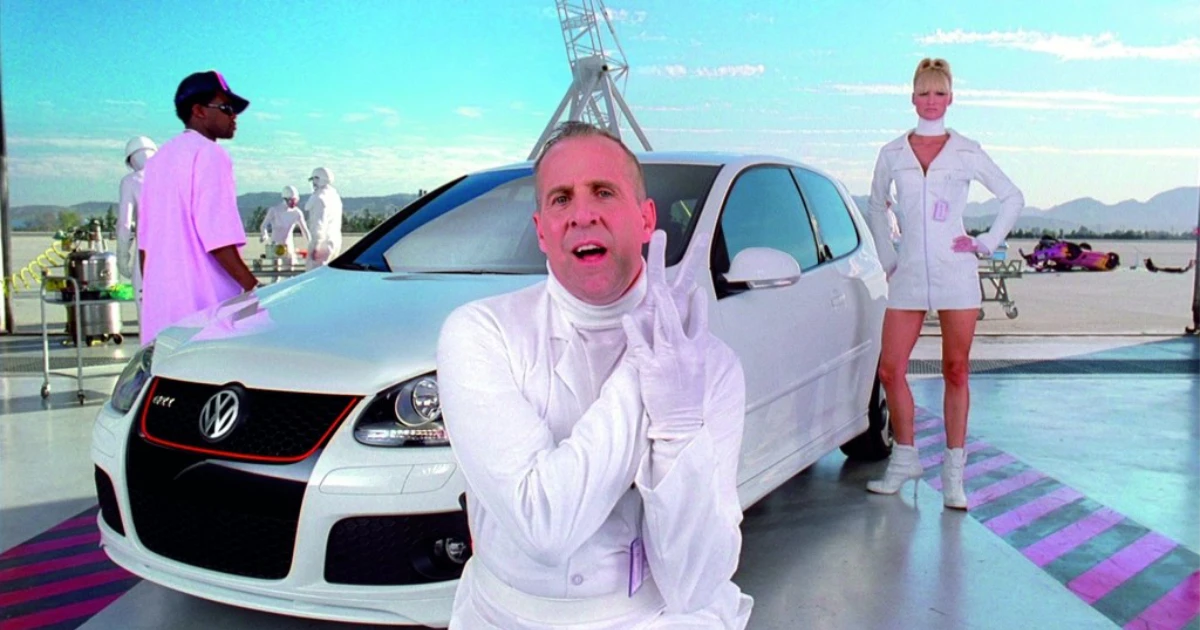
2006
Crispin Porter + Bogusky created early viral marketing. They used Swedish actor Peter Stormare, who was seen violently destroying modified cars and replacing them with stock Volkswagen GTIs. The campaign reached 10 million YouTube views. They even created fictional MySpace profiles for commercial characters.
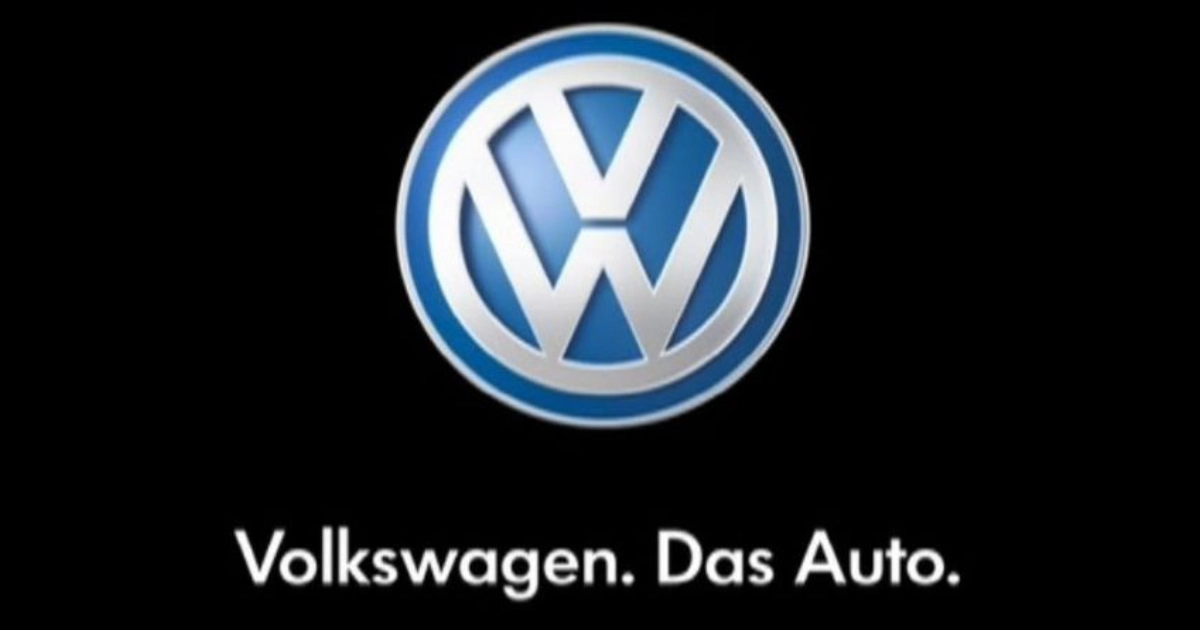
2007-2016
Volkswagen adopted this German slogan, meaning “The Car,” under CEO Martin Winterkorn, suggesting the brand alone defined modern automobiles. The Dieselgate emissions scandal destroyed this positioning when 11 million vehicles worldwide contained illegal software. The scandal forced Volkswagen to abandon what they now called a “pretentious” and “absolutist” message.

2016-Present
Most recently, the company has been using a stripped-down approach focused on customer stories through “YourWagen” campaigns. It’s a period in which Volkswagen is rebuilding trust around electric vehicles and transparent business practices.